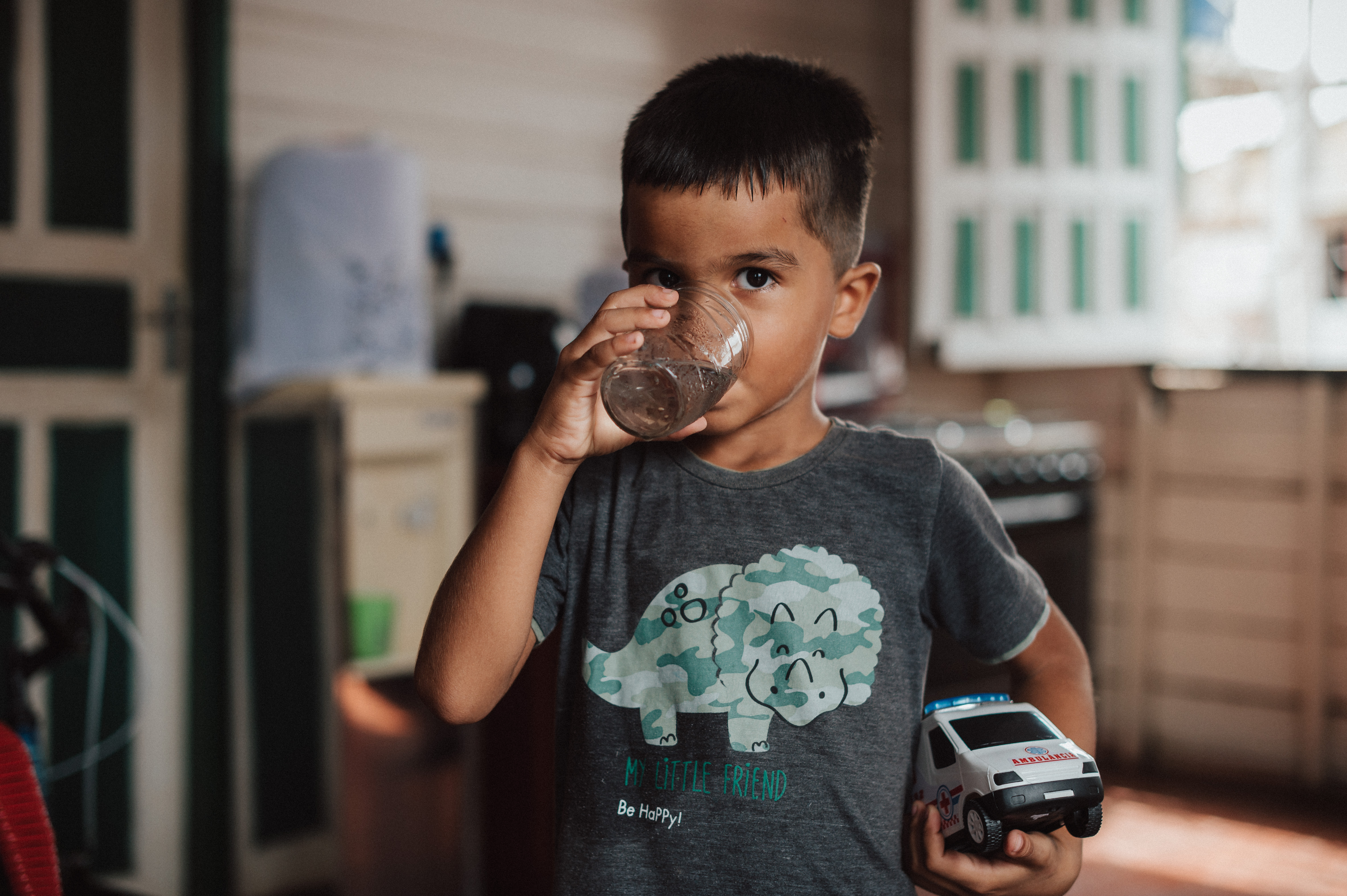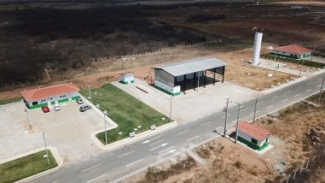

Description
From 2010, the formalization of municipal consortia began with the direct support of the Secretariat of Cities. At this time, technical and environmental studies and their respective engineering projects for consortium landfills were prepared. Eight consortia projects have so far been completed. One is still under preparation.
The studies and projects for the consortium landfills of COMARES-UL (Municipal Consortium for Solid Waste Landfill – Limoeiro do Norte Unit) and CGIRS-RMS (Consortium for Integrated Solid Waste Management of the Metropolitan Region of Sobral), were contracted in 2012 and 2010, respectively, having been prepared by the company Sanebrás Projetos e Consultoria Ltda. and completed between 2014 and 2015.
In parallel, in 2013, the Urban Development Program of Regional Poles – Vale do Jaguaribe and Vale do Acaraú (Cities II Program) took place, managed by the Program Management Unit – UGP II (acronym in Portuguese). By benefiting the families of waste pickers located in the municipalities benefited by the CITIES II Program, the initiative benefited the lives of many children and adolescents.
Criteria 9/11
- ACCESSIBILITY
- ALIGNMENT WITH SDG 1,3,4,6 AND/OR 11
- RACE AND GENDER ISSUES
- ATTENTION TO CHILDREN AND ADOLESCENTS
- LOW COST
- SOCIAL DIFFUSION
- ADMINISTRATIVE EFFICIENCY
- ADHERENCE AND CONTINUITY AT LOCAL LEVEL
- WASH INITIATIVE
- CLIMATE RESILIENCE
- SUSTAINABILITY
The Secretariat of cities of Ceará provides supports to the city of Fortaleza as well as to municipalities of regional consortia and waste picker associations and/or cooperatives. In addition, waste pickers can also get support from Caritas Brasileira Regional Ceará. To benefit from this initiative, waste pickers need to register through the Unified Social Assistance System (SUAS). The benefit is then paid to the eligible beneficiaries through the Secretariat of the Environment (SEMA).
Citizens residing in the regions of Vale do Acaraú and Vale do Jaguaribe of the State of Ceará.
Waste pickers associations and cooperatives.
Vale do Acaraú: Alcântaras, Cariré, Coreaú, Forquilha, Frecheirinha, Graça, Groaíras, Massapê, Meruoca, Moraújo, Mucambo, Pacujá, Pires Ferreira, Reriutaba, Santana do Acaraú, Senador Sá, Sobral and Varjota.
Vale do Jaguaribe: Alto Santo, Ererê, Iracema, Itaiçaba, Jaguaruana, Limoeiro do Norte, Morada Nova, Potiretama, Palhano, Quixeré, Russas, São João do Jaguaribe and Tabuleiro do Norte
Currently, approximately 748 waste pickers from the CGIRS-RMS and CGIRS-VJ municipalities receive a monthly payment equivalent to one-quarter (1/4) of the current minimum wage through the Waste Picker Assistance Program, established by State Law No. 17.377/2020.
Ongoing since 2010.
The activities were implemented through the Urban Development Program of Regional Poles – Vale do Jaguaribe/Vale do Acaraú, with financial resources from a loan agreement between the Government of the State of Ceará and the Inter-American Develpment Bank (IDB), which provided for facilities and equipment that helped expand coverage and improve the solid waste management infrastructure at the municipal and regional levels.
All municipalities have Municipal and/or Regional Integrated Solid Waste Management Plans with socio-productive inclusion of waste pickers.
All initiatives involved technicians from municipal administrations, especially social workers from the Reference Center for Social Assistance (CRAS) as part of the Waste Picker Assistance Program, which is implemented within the scope of the Unified Social Assistance System (SUAS). When possible, the initiatives involved local community leaders, religious institutions or community associations.
There are plans to implement municipal Socio-Environmental Education campaigns focusing on Waste, which are the responsibility of the respective municipalities/consortia.
A minimum annual accounting and tax monitoring of the associations is required, which is carried out, as a rule, by the municipal management. However, several support actions with waste pickers are not implemented due to lack of human and financial resources.
Through the Waste Picker Assistance, associations must prove the monthly productivity of their beneficiaries to the program's managing body, in order to continue receiving payment for the services provided.
The number of waste pickers organized into associations and/or cooperatives is used as an indicator.
Initially, funds were contributed from the CITIES II Program of the Secretariat of Cities for registration, training and formalization of waste picker associations. Currently, the associated waste pickers of the two regions receive the Waste Picker Aid from the State Government, coordinated by the State Secretariat of the Environment.
For the construction of landfills and warehouses, the Secretariat also requested a loan from the Government of the State of Ceará and the Inter-American Development Bank (IDB).
Despite the requirement for waste pickers to be members of the association, unfortunately many of them continue to work individually due to lacking structures for effective selective collection.

Image: Waste Treatment Center, Sobral-CE. Source: Government of the State of Ceará, 2019